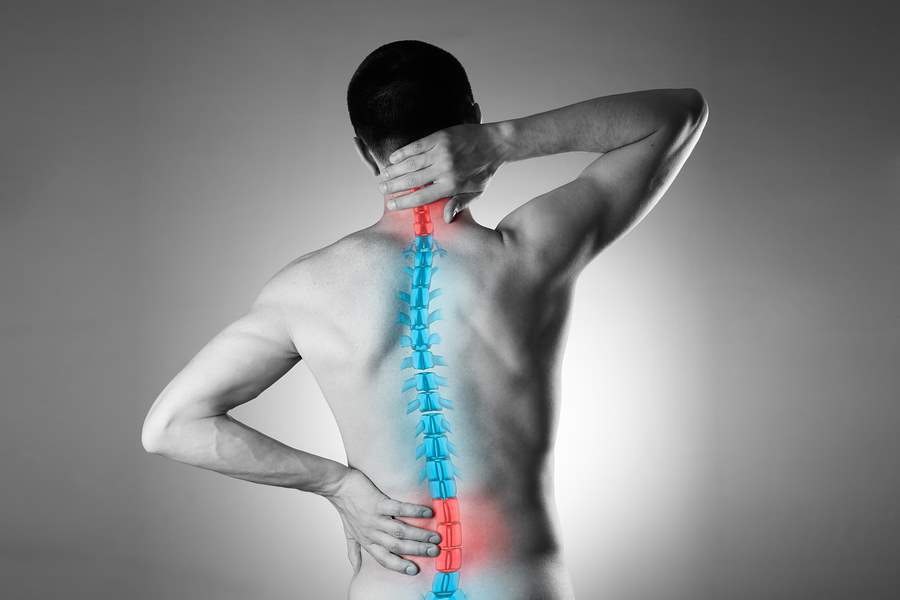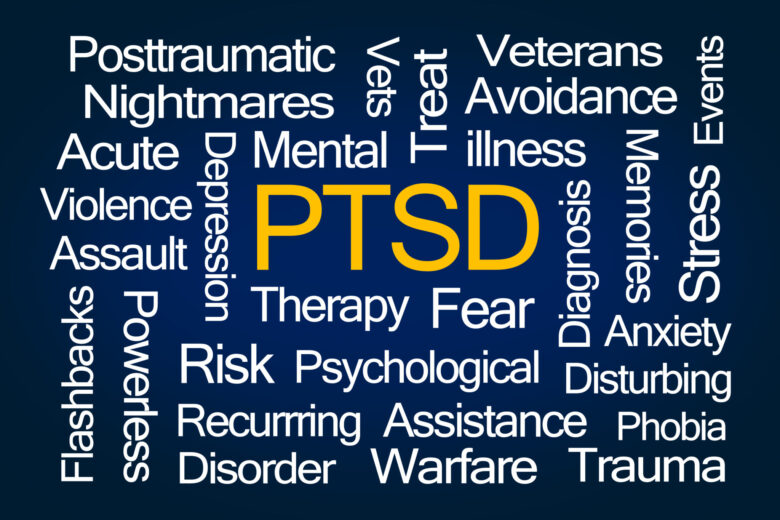5,788 people died, and around 154,993 people were injured in truck accidents in America in the year 2021, according to a report by the National Highway Safety Administration. Trucks bring people essential food, medicine, and building materials, but they can also be deadly.
If you get injured in an accident, you must file an insurance claim. It is important to have a good truck accident lawyer in Stockton, CA to help you negotiate with the trucking company and get you a fair settlement.
When a person is in an accident with a truck, they will almost always suffer injuries. There are several injuries that are considered the most common.
Contents
Back and Neck Injuries

Source: dolmanlaw.com
No matter what types of vehicles collide in an accident, back and neck injuries are often the result.
Whiplash is an injury that causes acute pain in the neck and shoulders. It happens when a person’s neck is jerked back and forth in an accident. Mild whiplash can be treated with ice and painkillers. People with severe whiplash may need physical therapy.
When there is a sudden blow to the back in an accident, discs, ligaments, and vertebrae are often damaged. If you hurt your spine in an accident, it can affect your entire body. Your spinal cord is connected to your brain which controls your nervous system.
Head Injuries
Closed head injuries occur when the brain hits against the inside of the skull. It often happens when a truck strikes a car from behind. Internal bleeding and tissue damage may occur.
A person may get fluid on the brain after a closed head injury. If this happens, the person may feel nauseous and confused. They may fall down often or walk with a strange gait. Fluid on the brain cannot be cured, but can be controlled.
An open head injury happens when an object actually penetrates a person’s head. It can lead to head fractures and wounds. Glass from broken windshields often causes this type of injury in a truck accident.
Broken Bones
Although seatbelts save lives, they also break ribs. A person can be forced into the seatbelt at a high speed, breaking their ribs. When side airbags are activated, they can break a driver’s arm.
If a person is thrown out of their vehicle, an auto part may land on them, crushing their bones.
PTSD

Source: wkms.org
When a person is in an accident, they will go into fight or flight mode. Their heart rate will skyrocket, and their liver will increase the conversion of glycogen to glucose. Their pupils will dilate, and the blood that normally flows to the skin gets redirected to their muscles.
A person who has been in a truck accident will often suffer from post-traumatic stress disorder. This takes place when someone relives the moment of the accident over and over again. Your body is not made to go into a fight or flight response several times a day and this condition can be hard on the heart and lungs. A victim will often need years of psychiatric treatment if they suffer from PTSD.
Internal Organ Injuries
Internal organ injuries resulting from truck accidents can be life-threatening and require immediate medical attention. These injuries often occur due to the sheer force of impact, causing organs like the liver, spleen, and kidneys to be compressed, damaged, or ruptured. What makes these injuries particularly dangerous is that they may not manifest obvious symptoms right away, leading to delayed diagnoses.
Prompt medical intervention is critical in such cases, as untreated internal organ injuries can have severe consequences. Internal bleeding, organ failure, and infection are potential complications. Diagnosis typically involves imaging tests like CT scans or MRIs, followed by surgical or non-surgical treatments depending on the extent of the damage. Recovery from internal organ injuries can be lengthy and may require ongoing medical care, making it essential for accident victims to seek immediate medical attention and legal assistance to secure the compensation needed for their recovery.
Fractures and Crush Injuries
Truck accidents can result in a wide range of fractures and crush injuries. Beyond broken bones, individuals involved in such accidents can suffer from crushed limbs, which can lead to extensive damage and permanent disability. The weight and size of trucks can exert immense pressure, causing severe injuries. Prompt medical care and rehabilitation are essential for recovery in these cases, as the consequences can be life-altering.
Burns and Chemical Exposure
Truck accidents involving hazardous materials or flammable cargo can lead to burns and chemical exposure injuries, which are particularly devastating. Upon impact, explosions or fires can occur, resulting in severe burns to victims and exposing them to dangerous chemicals. Burn injuries can cause excruciating pain, disfigurement, and long-term physical and emotional trauma.
In the case of chemical exposure, the consequences can be equally dire. Exposure to toxic substances can lead to respiratory issues, skin problems, and internal damage. It is crucial for accident victims to receive immediate medical attention, as well as specialized treatment for chemical exposure, which may involve decontamination procedures and antidotes.
Psychological Trauma in Children

Source: steinberglawfirm.com
Truck accidents can be particularly traumatic for children involved in the collision or who witness such accidents. Children may experience post-traumatic stress disorder (PTSD), anxiety, and nightmares as a result of the traumatic event. It’s essential for parents and caregivers to seek professional help for children who have been through a truck accident, as early intervention can make a significant difference in their emotional recovery.
Secondary Injuries and Complications
Secondary injuries and complications stemming from truck accidents can significantly impact the recovery process for victims. These complications often arise as a result of the initial injuries sustained in the accident. For instance, severe fractures can lead to secondary issues like infections or deep vein thrombosis (DVT).
Infections may occur if open wounds are not properly treated or if foreign matter enters the body during the accident. DVT, on the other hand, can develop due to extended periods of immobility during recovery. These complications can lead to extended hospital stays, additional surgeries, and a heightened risk of long-term health problems.
Addressing secondary injuries promptly is crucial to prevent further harm and promote better overall recovery outcomes. Medical professionals closely monitor accident victims to identify and manage these complications as they arise. Legal assistance is often necessary to ensure that the financial and medical support required for comprehensive recovery are obtained, especially when secondary injuries and complications add complexity to the healing process.
